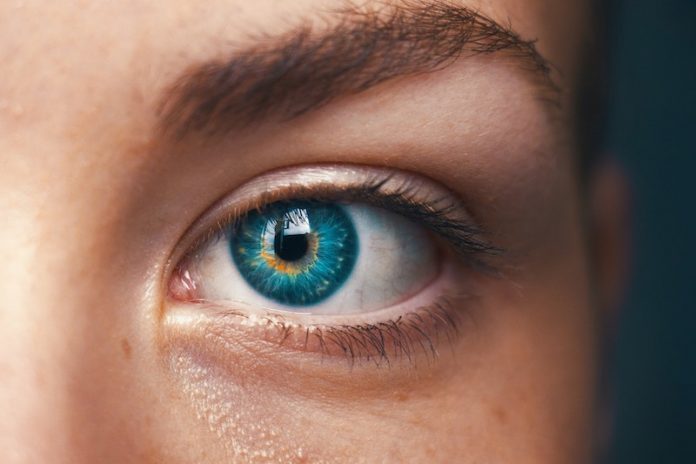
In a new study, researchers discovered a potentially effective treatment for diabetic retinopathy, a disease that swells and scars the retina.
With a single injection, it would be possible to eliminate groups of cells that contribute to diabetic eye disease.
The research was conducted by a team at the Université de Montréal and elsewhere.
Diabetic retinopathy is caused by a degeneration of the small blood vessels that feed the retina and that regrow abnormally.
These new vessels can leave scars on the retina and thus obstruct vision.
One of the main challenges in the treatment of diabetic retinopathy is determining which blood vessels are healthy and which are damaged.
The team’s research reveals that abnormal blood vessels trigger molecular programs linked to accelerated aging, commonly known as cellular senescence.
The current study builds on earlier work published by the researchers, who in 2016 were the first to identify cellular senescence as a disease process in diabetic retinopathy.
In the study, the team identified a molecular target, BCL-xL, present in defective retinal blood vessels.
The drug uses this molecular target to selectively eliminate the defective vessel and thus allow the retina to repair itself.
The team says the results are very promising for the quality of life of people with ocular diseases.
Phase 1 human studies are now being carried to test the potential of this new class of retinal drugs.
One author of the study is Przemyslaw (Mike) Sapieha.
The study is published in Cell Metabolism.
Copyright © 2021 Knowridge Science Report. All rights reserved.



